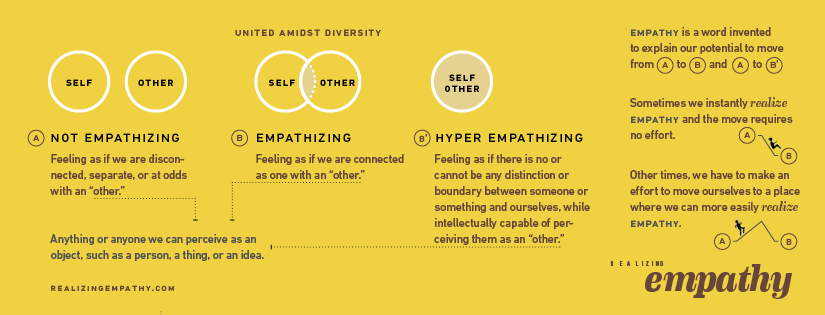Many partnerships
be it co-founders,
spouses,
or others,
end
in not so amicable terms
due a deterioration
of trust
and respect.
Before that happens,
it’s worth asking ourselves
do we even trust
and respect each other
now?
By trust,
I don’t mean considering their competence
reliable.
I mean do we trust
that they’ll be by our side
to support us
when we
are at our worst?
By respect,
I don’t mean
appreciating their competence.
I mean can we see value in them
over
and over
and over again,
at will.
So much so
that we can see this
even when they’re at
their worst.
Enough to remind them
of their own self-worth
that they themselves
have forgotten.
